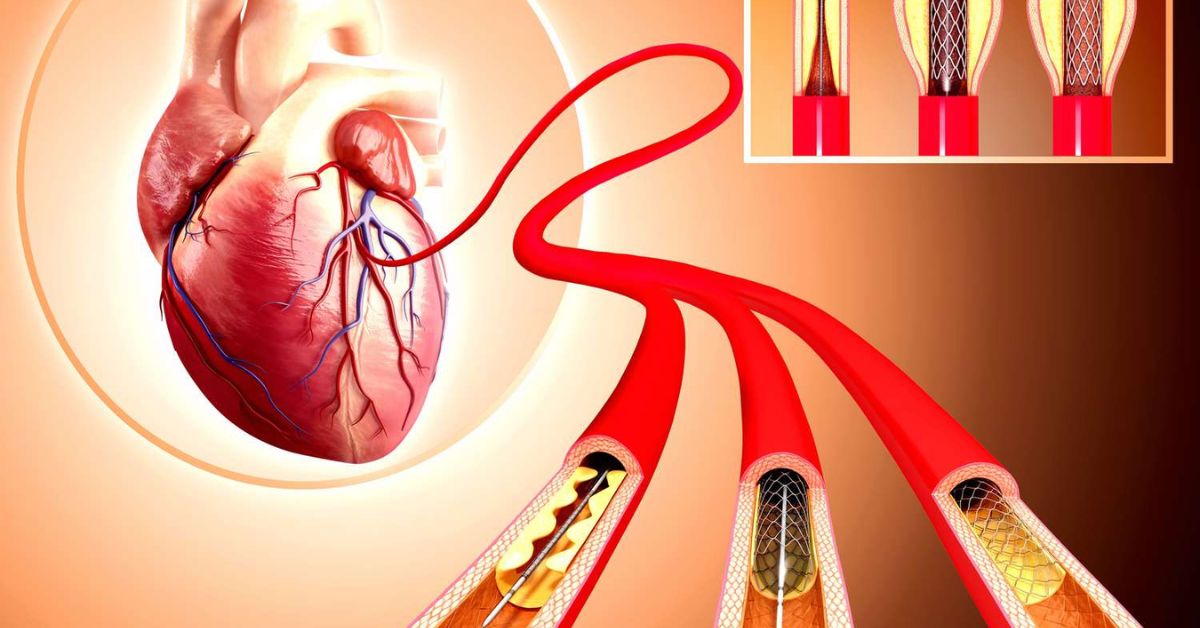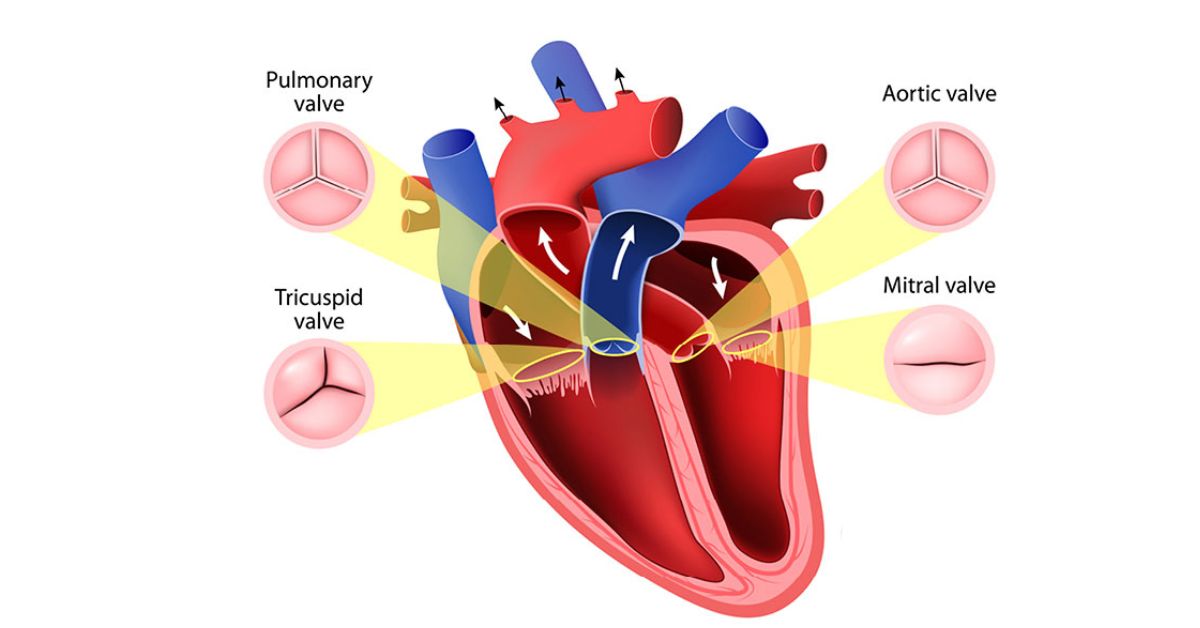Blood pressure is a vital health indicator, and being concerned about your own blood pressure readings is completely understandable. If you’re wondering about the significance of the reading “is blood pressure 110/60 high or low” this article will provide information to clarify and guide appropriate health care.
Blood Pressure and Measurement
What is blood pressure? Blood pressure is the force of blood against the walls of arteries as the heart pumps blood throughout the body. Blood pressure values provide information about the cardiovascular health of an individual.

Blood pressure values provide information about the cardiovascular health of an individual
Systolic and diastolic blood pressure:
- Systolic blood pressure (top number): The pressure when the heart contracts, typically ranging from 90-120 mmHg.
- Diastolic blood pressure (bottom number): The pressure when the heart is at rest between beats, typically ranging from 60-80 mmHg.
- Reading blood pressure: For example, a blood pressure of 110/60 mmHg means a systolic blood pressure of 110 mmHg and a diastolic blood pressure of 60 mmHg.
Is blood pressure 110/60 high or low?
- Normal blood pressure range – is blood pressure 110/60 high or low: According to the American Heart Association, normal blood pressure falls between 90/60 mmHg to below 120/80 mmHg.
- Interpretation of 110/60 blood pressure: A blood pressure reading of 110/60 is considered within the normal range, indicating relatively stable cardiovascular health.
- Symptoms to note: Although a blood pressure of 110/60 is considered normal, some individuals may experience fatigue, dizziness, especially with changes in posture or exertion.
Factors Influencing Blood Pressure 110/60
“Is blood pressure 110/60 high or low” can be influenced by various factors, including:
- Age: Blood pressure tends to increase with age.
- Lifestyle: Habits such as high salt intake, lack of physical activity, excessive stimulant use can elevate blood pressure.
- Underlying health conditions: Conditions like heart disease, kidney disease, endocrine disorders can impact blood pressure.
When to Worry About Blood Pressure 110/60
- Monitor blood pressure: Regular blood pressure checks help detect any abnormal changes. Monitoring can be done at home or at healthcare facilities.
- Sudden changes in numbers: If blood pressure readings consistently fluctuate significantly from 110/60, seeking evaluation is advisable.
- Presence of symptoms: Dizziness, prolonged fatigue, visual disturbances, chest pain are signs that require prompt medical attention.

Dizziness, prolonged fatigue, visual disturbances, chest pain are signs that require prompt medical attention
- Presence of underlying health conditions: Individuals with underlying conditions need more frequent blood pressure monitoring and specialized medical advice.
Health Care Guidance
Preventive measures for blood pressure issues:
- Healthy eating: Limiting salt, increasing fruits and vegetables.
- Regular exercise: At least 30 minutes daily, most days of the week.
- Avoiding smoking, limiting alcohol.
- Weight management, stress management.
- Lifestyle adjustments for abnormal blood pressure 110/60: Specific changes should be discussed and guided by a physician based on individual circumstances.
- Importance of professional medical advice: Always seek medical support when needed for appropriate control and treatment.
Related Questions on “is blood pressure 110/60 high or low”
Here are 5 frequently asked questions related to “is blood pressure 110/60 high or low“:
- Is blood pressure 110/60 high or low?
Blood pressure 110/60 falls within the normal blood pressure range. Blood pressure is classified as low when systolic blood pressure is below 90 mmHg and/or diastolic blood pressure is below 60 mmHg.
- Why do I feel fatigued despite having a blood pressure of 110/60?
Fatigue can be a sign of underlying low blood pressure. Additionally, various factors like sleep deprivation, stress, poor diet, anemia, or other health issues can cause fatigue. To determine the exact cause, consult a doctor for further evaluation.
- Is blood pressure 110/60 stable?
Blood pressure of 110/60 is considered relatively stable. However, blood pressure can fluctuate throughout the day depending on activities, stress levels, and other factors. Regular blood pressure monitoring is the best way to ensure cardiovascular health.
- What can I do to improve blood pressure 110/60?
Even though 110/60 is considered normal, adopting a healthy lifestyle can protect cardiovascular health:
- Maintain a balanced diet, low in salt, rich in fruits and vegetables.

Maintain a balanced diet, low in salt, rich in fruits and vegetables
- Exercise regularly (at least 30 minutes most days of the week).
- Maintain a healthy weight.
- Get adequate sleep.
- Manage stress effectively.
- Limit alcohol and tobacco.
- When should I be concerned about blood pressure 110/60?
Despite 110/60 being considered normal, you should pay attention if:
- Blood pressure readings fluctuate significantly.
- Other unusual symptoms accompany the readings, such as dizziness, prolonged fatigue, visual disturbances, or chest pain.
- You have underlying health conditions, especially cardiovascular issues.
Scientific Evidence on “is blood pressure 110/60 high or low”
Here are some scientific references regarding to is blood pressure 110/60 high or low:
- The Framingham Heart Study, which followed over 15,000 individuals for 40 years, found:
- Systolic blood pressure between 115 mmHg – 129 mmHg increased the risk of cardiovascular mortality by 20% compared to those with normal blood pressure.
- Diastolic blood pressure between 70 mmHg – 79 mmHg increased the risk of cardiovascular mortality by 10%.
- The INTERSALT study, conducted on 50,000 individuals across 17 countries, showed:
- Systolic blood pressure between 115 mmHg – 129 mmHg increased the risk of stroke by 30%.
- Diastolic blood pressure between 70 mmHg – 79 mmHg increased the risk of stroke by 20%.
Is blood pressure 110/60 high or low? Blood pressure 110/60 is considered normal. However, regular blood pressure monitoring and prompt attention to unusual symptoms are essential. Maintaining a healthy lifestyle and regular healthcare check-ups are crucial for overall cardiovascular and general health.
References:
https://www.medicinenet.com/is_11060_a_too_low_blood_pressure/article.htm
Kiểm Duyệt Nội Dung
More than 10 years of marketing communications experience in the medical and health field.
Successfully deployed marketing communication activities, content development and social networking channels for hospital partners, clinics, doctors and medical professionals across the country.
More than 6 years of experience in organizing and producing leading prestigious medical programs in Vietnam, in collaboration with Ho Chi Minh City Television (HTV). Typical programs include Nhật Ký Blouse Trắng, Bác Sĩ Nói Gì, Alo Bác Sĩ Nghe, Nhật Ký Hạnh Phúc, Vui Khỏe Cùng Con, Bác Sỹ Mẹ, v.v.
Comprehensive cooperation with hundreds of hospitals and clinics, thousands of doctors and medical experts to join hands in building a medical content and service platform on the Doctor Network application.


























